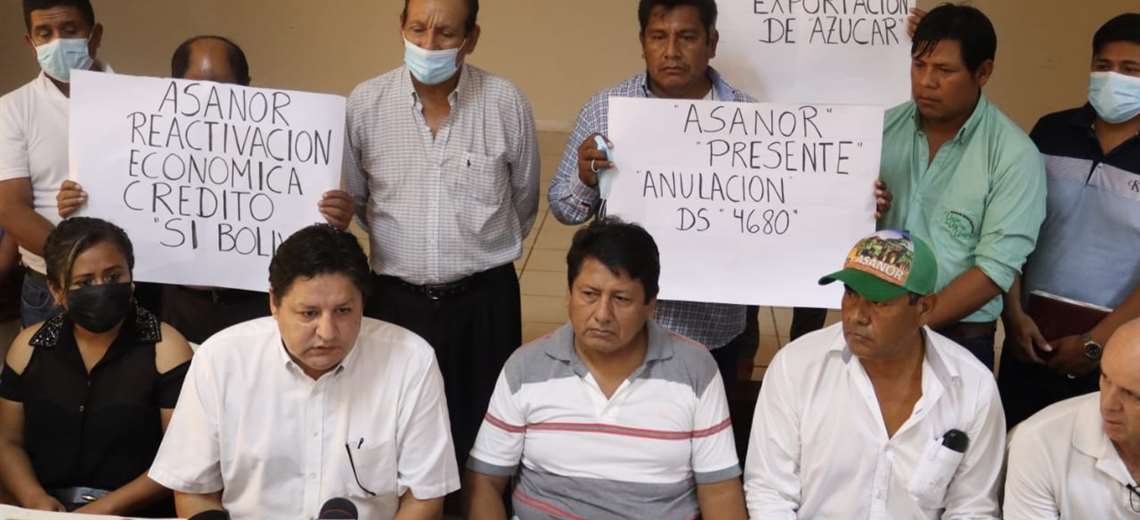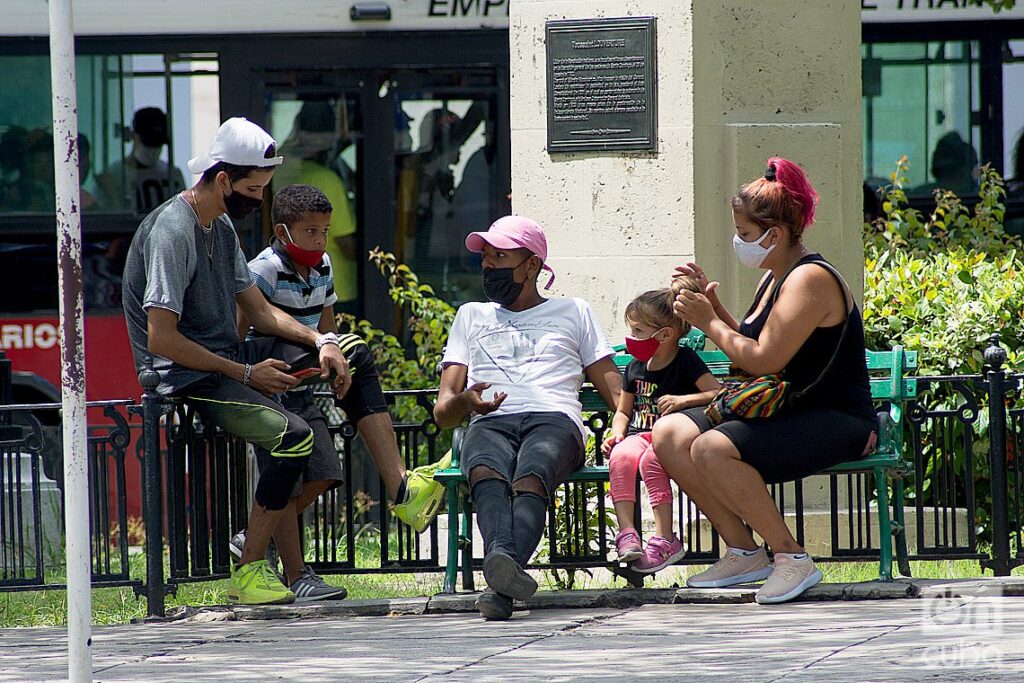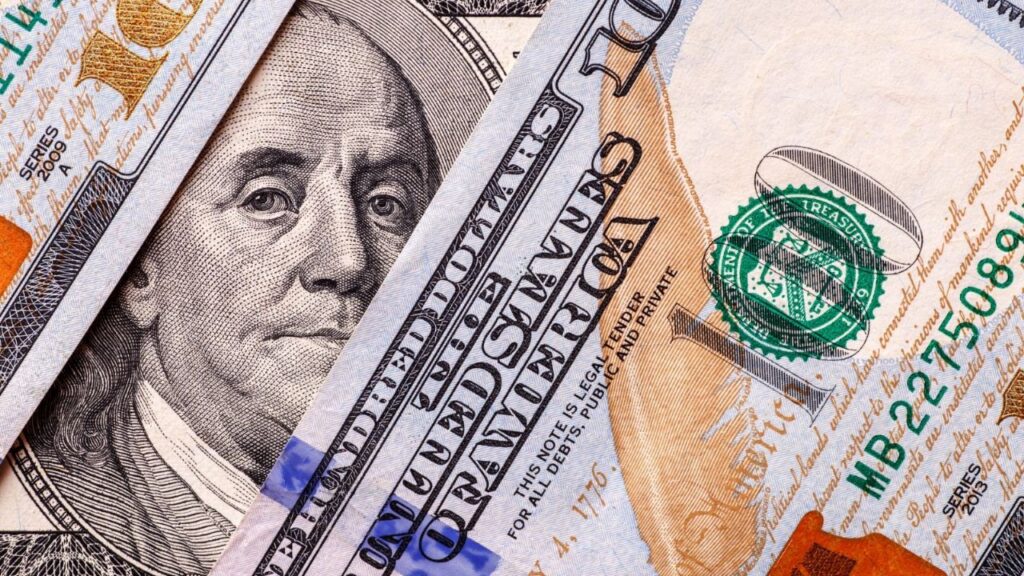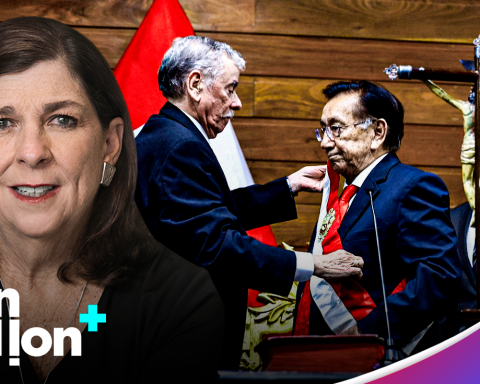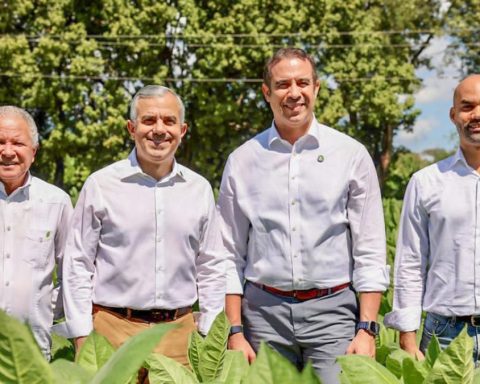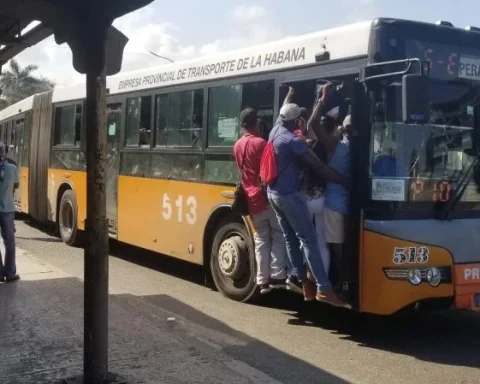By Walter Vasquez
The National Confederation of Sugarcane Producers of Bolivia (Concabol) ratified the start of a blockade today at the Friendship Bridge (between Portachuelo and Montero) after rejecting two invitations to negotiate by authorities from the Ministries of Productive Development and Plural Economy and of Rural Development and Lands. The sector asks for a “direct response” from President Luis Arce or Vice President David Choquehuanca.
“We need solutions. We have already met with the ministers and so far they have not been able to give us results. There is no agreement, act or commitment. That is why we go to the president or the vice president to reconcile this situation, which is desperate for us. Instead of working, planting, they make us take these measures,” said the president of Concabol, Óscar Alberto Arnez.
On March 24, the ministers of Productive Development and Plural Economy, Néstor Huanca, and of Rural Development and Land, Remmy Gonzales, met with the Concabol board and with representatives of the Guabirá, Aguaí, Unagro and Bermejo sugarcane unions. , in addition to the Northern Agricultural Association.
“We have agreed that there will be enough product to guarantee supply in the domestic market and, therefore, there is no need to prohibit any export process,” Huanca informed a press conference on Monday.
“That meeting was just a ‘salute to the flag’ and the trip to La Paz was in vain. We wanted to make a record and they told us no, that later we were going to tell them that they had not complied. So, what support does any agreement have? We left and we don’t have any kind of agreement,” said Alberto Arnez.
“We expect a direct response from the President, the Vice President or a minister who brings us a signed agreement with the two points approved. That is the request of the sector and no measure is lifted, ”he said.
The sector will begin blockades at 5:00 today at the Friendship Bridge and the exit to Santa Cruz (Mujourina area), demanding two points. First, the economic reactivation of sugarcane production, through its full inclusion in the SíBolivia program (of flexible credits with a fixed annual interest of 0.5%) or through its access to a trust, resources that will allow them to renew the crops. “They have not allowed us to enter. I don’t know if it’s because of the number of cane growers we are or why. An ironic response from Minister Gonzáles is that ‘the banks are claiming’ and they are pressuring them so that there is no credit for most sectors,” said Arnez.
The second point is the liberalization of exports. On March 9, through Supreme Decree 4680, the Executive ordered the regulation of exports of corn, sorghum and sugar through internal supply certificates.
Alberto recalled that in 2016 the Government also restricted sugar exports, which until 2018 produced the accumulation of a surplus of 5 million quintals.
“They did not allow us to export 100% to all of them and we had to sell the product at the price of a dead chicken. Since that year, we have been losing resources,” he maintained.
Sugar producers – who requested that their names be withheld – consider that Decree 4680 has no reason to exist, because Productive Development receives information every 15 days on the amount of sugar and alcohol that the mills have, as well as the sale prices and the buyers, apart from the physical inventories that it makes in each sugar plant.
In addition, “when they issued the decree, they told us that they were going to give us the authorizations in a matter of hours. With some they complied, but with others it takes weeks,” they said.
This delay caused the trucks that transport the product out of the country to not be able to cross the border, due to the control exercised by Customs, which caused delays in deliveries, increased transportation and storage costs, and fines by the buyers, putting the sales contracts themselves at risk.
On Monday, Huanca explained that the sugar industry projected a production of 11.1 million quintals for this year, of which 9.2 million quintals will cover the demand of the domestic market and 1.5 million quintals will remain as stock of security in the mills, leaving the balance of 400,000 quintals free to go abroad. This information, he indicated, was transmitted on March 24 to the sugarcane leadership.
According to the producers, the government’s restrictions on sugar exports are due to the fact that after a decade the price of the product on the international market is beginning to increase, which will cause Bolivian sugar (cheaper) to be smuggled to other countries.
